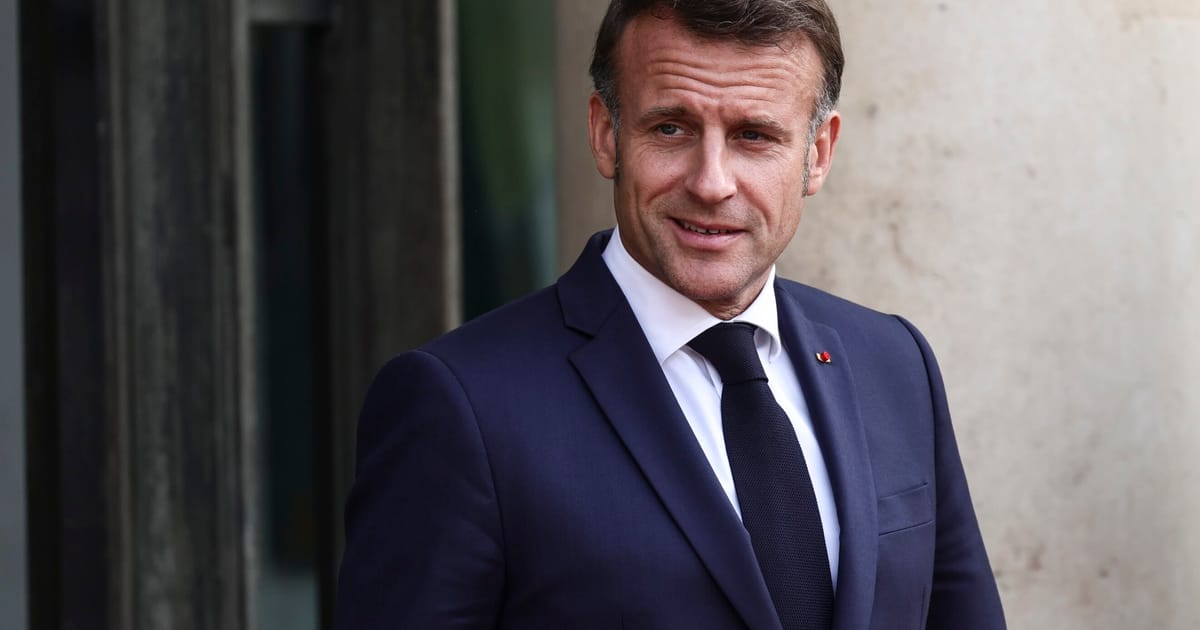

The topic of Palestinian statehood has resurfaced as a focal point in international discourse, recent events highlighting both challenges and diplomatic efforts that define the ongoing narrative. At the heart of these developments lies a renewed vigor among global leaders and institutions, focusing on the recognition and practical support for Palestinian statehood amidst the persistent humanitarian plight in the region.
French President Emmanuel Macron has emerged as a central figure advocating for the long-standing call for Palestinian statehood. Macron’s efforts are rooted in a deep understanding of the historical demands and struggles of the Palestinian people, emphasizing the symbolic and political significance of such recognition on the international stage. While acknowledging that statehood alone cannot suffice as an immediate solution to dire humanitarian needs in regions like Gaza, Macron’s diplomatic engagements underline an important step towards acknowledging Palestinian aspirations and reinforcing their presence in global forums.
Simultaneously, tensions remain high in Gaza, where efforts to provide humanitarian aid face serious obstacles amidst ongoing violence. The United Nations has reported a tragic toll, with significant casualties among Palestinians waiting for critical resources like food, particularly in areas around aid distribution sites and convoy routes. The complexity of delivering humanitarian assistance in such a charged environment reflects the harsh reality confronted by international and local aid organizations on the ground. The situation has prompted responses from various quarters, including a notable visit by a US envoy to a food distribution site, reflecting an awareness of and engagement with the humanitarian crisis from global powers.
In the United Kingdom, Prime Minister Keir Starmer stands resolved in his approach to advance the recognition of Palestinian statehood at the United Nations, conditional upon a commitment to a ceasefire and progress towards a two-state solution from Israel. Despite facing criticism from certain quarters, including from those who have directly experienced the conflict’s harsh impacts, Starmer maintains that such recognition could serve as a pivotal step towards lasting peace and a fair resolution for both Israelis and Palestinians.
On the European front, dialogue continues concerning the integration and cooperation within mechanisms aimed at resource sharing and preventive measures. The Portuguese Secretary-General of the Socialist Party, Carneiro, argued for the significance of engaging with the European Mechanism. The emphasis here is on mutual support and the collective management of resources, which reflects broader European values of unity and collaboration, even in complex geopolitical contexts.
Parallelly, transparency and governance remain key issues within the dialogues surrounding international engagement, with discussions in Portugal highlighting the importance of clarity and public access to governmental processes, including those related to the management of international affairs and resource allocation.
Through these developments, the conversation around Palestinian statehood is marked by an intricate tapestry of diplomacy, humanitarian concerns, and international law. Leaders across the globe are called upon to balance immediate humanitarian needs with long-term geopolitical strategies that pave the way for sustainable peace and recognized statehood for the Palestinian territories. As these dialogues progress, the global community remains watchful, anticipating measures that genuinely reflect the aspirations of the people and respect for international accords.
Source: {link}
